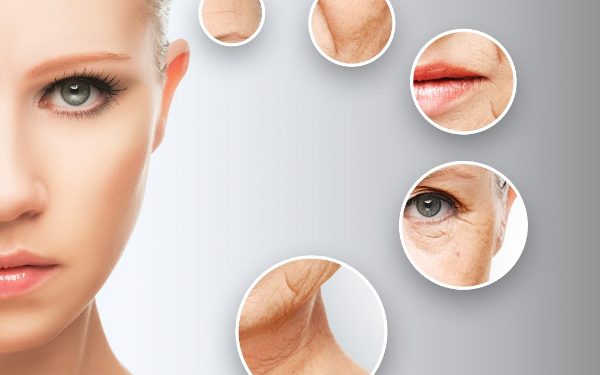- Treatment Research is clinical research that often involves an intervention such as psychotherapy, medication, new devices, or new approaches to surgery or radiation therapy.
- Prevention Research tries to find better ways to prevent disorders from developing or returning. Different types of prevention research include vitamins, medicines, vaccines, minerals, or lifestyle changes.
- Diagnostic Research is the practice of looking for better ways to identify a particular condition or disorder.
- The Screening Research goal is to find the best ways to detect certain health conditions or disorders.
- Life quality Research explores ways to improve the quality of life for individuals with a chronic illness.
- Genetic research aims to improve the prediction of disorders by identifying and understanding how genes and illnesses may be related. Research in this area may explore ways in which a person’s genes make him or her more or less likely to develop a disorder. This may lead to the development of tailor-made treatments based on a patient’s genetic make-up.
- Epidemiological Research seeks to identify the causes, patterns, and control of disorders in groups of people.
When clinical research is used to evaluate medications and devices. A clinical trial is a kind of clinical research designed to evaluate and test new interventions psychotherapy or medications. Clinical trials are often conducted in four phases. These trials at each phase have different purposes and help scientists answer different questions.
- Phase I trials
Researchers test experimental drugs or treatments on a small group of people for the first time. The researchers evaluate the treatment’s safety, determine a safe dosage range, and identify side effects.
- Phase II trials
These experimental drugs or treatments are given to a larger group of people to see if it is effective and to further evaluate its safety.
- Phase III trials
These experimental study drugs or treatments are given to large groups of people. Researchers confirm its effectiveness, side effects, monitor, compare it to commonly used treatments, and collect information that will allow the experimental drug or treatment to be used safely.
- Phase IV trials
Post-marketing studies, which are conducted after a treatment is approved for use by the FDA, provide additional information including the treatment or drug’s risks, benefits, and best use.
Charlotte, NC based Dermatology Specialists of Charlotte take pride in offering our patients the latest and best treatments available. We are happy to discuss any questions you may have about the clinical research we do, including how you can get involved. Contact Dermatology Specialists of Charlotte, Charlotte’s top Ballantyne and Blakeney Dermatologist, for your dermatology care.

